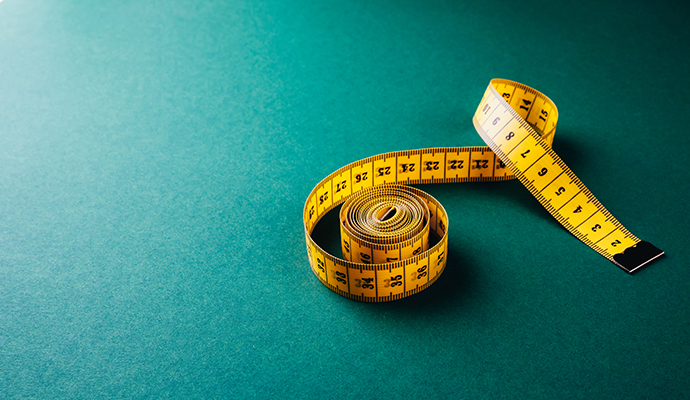Various factors are driving the mental healthcare crisis in America, not least of which is the rising demand for services and the concurrent dwindling supply of mental health professionals. As a result, Americans with pressing mental healthcare needs who are seeking help face long wait times....
[HealthCareExecIntelligence]

How to introduce quality measures that are useful for providers
[HealthITAnalytics]

Deep learning tool may advance precision medicine approaches
[RevCycleIntelligence]

Half of private equity-owned physician practices are resold within 3 years
[LifeSciencesIntelligence]

Study urges safety standards for PFAS in seafood
Do Not Sell or Share My Personal Information
©2012-2024 TechTarget, Inc. Xtelligent Healthcare Media is a division of TechTarget. All rights reserved. HealthITAnalytics.com is published by Xtelligent Healthcare Media a division of TechTarget.